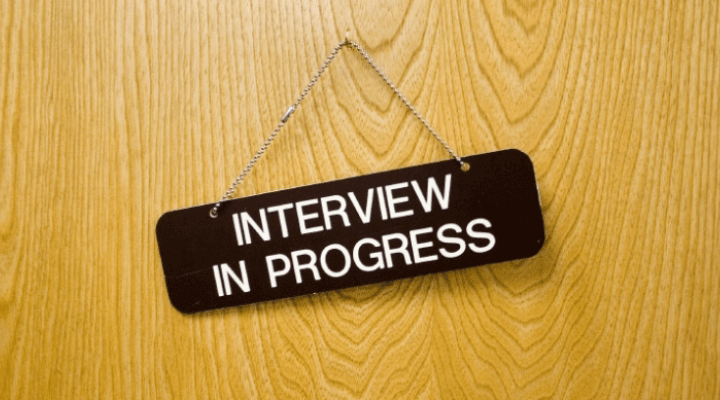Your resume and cover letter did its job and now you have an interview scheduled. This is the step that makes or breaks most interviewees during the job search process. Why? Because they are not prepared well enough going into it. Some are not prepared at all – and then they wonder why nobody will hire them.
Most people interviewing for jobs think the interviewer has all the control during an interview. Not true! The person being interviewed has more control and power than they realize. And to have the best chance of success at getting that job, they must exert that control at the appropriate time.
For veterans interviewing for a job, this is a hard thing to do. Throughout their military career, they have always been taught to put service before self, so tooting their own horn is foreign to them at first. But like with most things, the more they do it, the better they get at it. If you are not good at interviewing, then I suggest doing some mock interviews first with a friend, coworker or family member that has experience in this field to hone your skill.
Controlling an interview as the person being interviewed means being able to clearly articulate why this company is right for you and you for them. This means you are prepared to show that you understand how your values line up with the company’s, the opportunities they offer (meaning you did your research) and most of all how your value – your education, training and experience – can best benefit them if they hire you. Armed with this information, self-confidence and the following game plan, you are ready to go.
During the interview
Be ready for small talk.
One technique used by many skilled interviewers is to make some small talk before the actual interview starts. But this can trip you up if you are not ready for it. Have some topics prepared that you can talk to off the top of your head. Just be sure they are not confrontational; sage advice includes staying away from politics, religion and anything contrary to the company values (you know what these are because you did your research). Current events, upcoming holidays, family, military service, weather, etc. are all good topics to have ready.
Relate your experience to the asked questions.
For each question asked, try to relate it to an experience you had to show you are qualified from an experience standpoint for the position. Being able to do this serves as a bridge from your past to your future with this company. It shows the interviewer how patterns of your past success relate to what you can do for them if hired.
Be prepared to ask your own questions.
One standard during interviews is giving the interviewee time of their own to ask questions. This is a critical point in the interview and one you should be ready for.
Have at least five questions prepared ahead of time that you can ask. These questions should be company centric and be along the lines of the company’s visions and goals for the future, their culture, work environment, onboarding process and programs they have for veterans. This shows you are trying to find the right fit for yourself and not jumping to any company that will hire you. Not asking questions indicates that you are not really that interested in that job.
how to be proactive Post interview
Complete the mission.
If there is anything requested during the interview that you did not have with you at the time, be sure to send it in as soon as possible after the interview. Also use this opportunity to write out a bulleted list of highlights from the interview that peg you as the best person for this job. Of course, ask for the email address of where to send the requested information while in the interview.
Send a handwritten note.
After the interview, send a handwritten note to each person on the interview board thanking them for the opportunity to meet with them. Reiterate briefly how you are a great fit for the company and that you are still interested in the position. Of course, be sure to get their names and where to send the notes from the receptionist or from HR on the way out.
Follow up.
Try to get a feeling of when you should hear back on the decision from the hiring manager. If that information did not come out during the interview, be sure to ask it as one of your closing questions. If you have not heard back by that deadline, contact them and politely ask if they have decided.
Depending on the level of the position, you may be asked to interview another time or more. Be ready for it by adjusting your game plan for that level of interview. Each time be prepared to exert the control you have where appropriate. It can mean the difference of getting that job or not!




